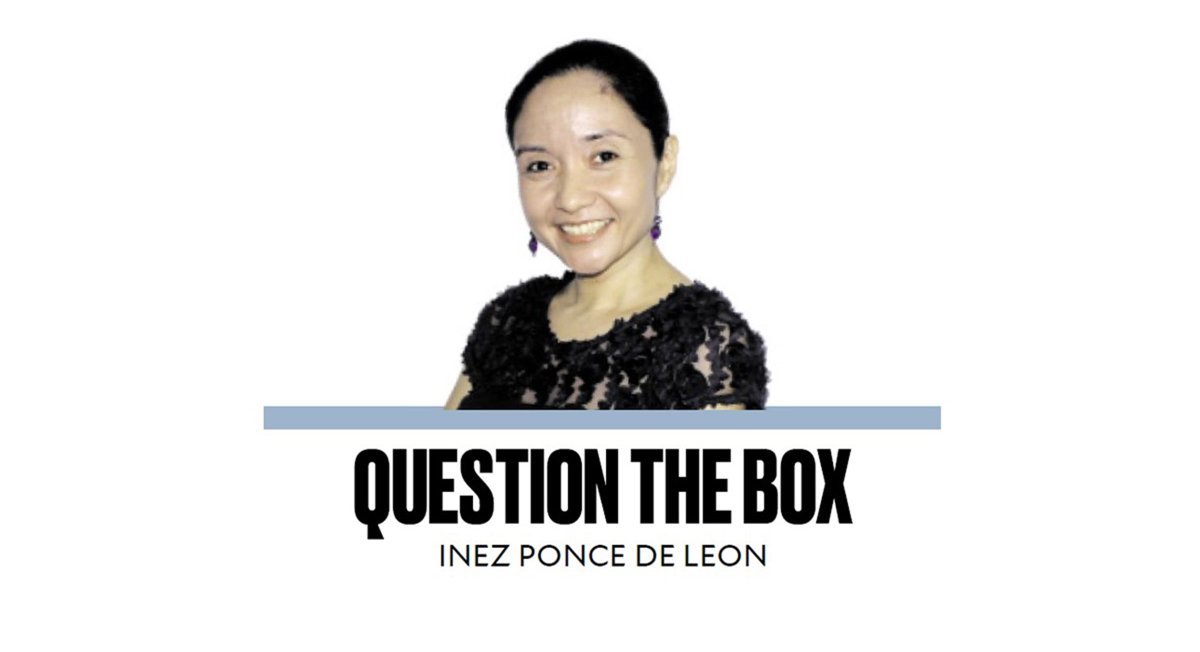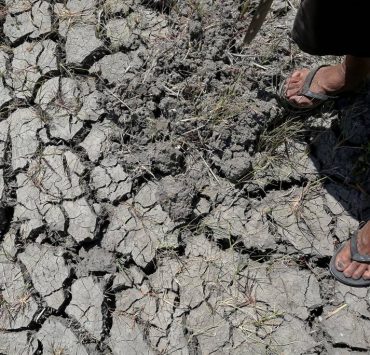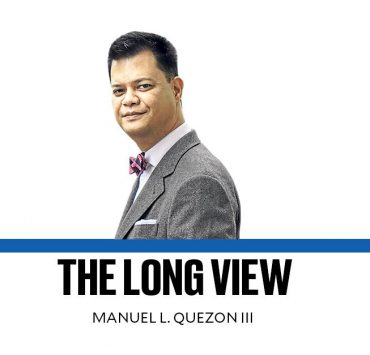Defiant hope

On Easter Sunday, one of our parish priests talked about hope.
It is a daring thing, he acknowledged, to hope in these times of great hatred and violence. In a world of wars, of Russia trying to take Ukraine by force, of Palestinian civilians killed through both bombs and starvation, of unrest in Haiti and Sudan—how can one even dare to hope?
That was the spirit of Easter, he said. The suffering on the cross might have looked like meaningless torture at first, but it gained meaning at the resurrection. In the end, the blood of Good Friday also meant that people would be free, of sins and insecurities, of the prospect of an empty darkness after death, of a great nothingness at the end of time.
And yet there are so many who talk about the innate evil of hope.
Writers speak of how hope is a dangerous thing. It can drive a man insane, a prisoner says, in the film “The Shawshank Redemption.” It is the worst of all evils, wrote the German philosopher Friedrich Nietzsche, because it prolongs the torment of man.
Leon Seltzer, in Psychology Today, is more conservative. Seltzer encourages us to be mindful of what kind of hope we nurse, lest we focus on our fantasies rather than reality, or fantasize about impossibilities rather than embrace and act on the present. To give up hope, Seltzer says, is to work and take responsibility for one’s actions.
But why is hope, counted as a virtue and gift, so maligned?There are two avenues to misunderstanding hope. First: the clue lies in how Seltzer, like many writers and scholars, speaks derisively of prayer. Prayer, Seltzer says, is simply wishing for something, and then waiting for it to happen. Hope, he concludes, is like prayer: where one dreams of a better outcome, where one wishes for it without having to lift a finger to make the dream happen.This betrays a poor understanding of the nature of prayer in Christianity—if anything, it defines prayer in a paganistic way. That is, prayer seems to be mere spell casting and sacrificing to please the whims of a fickle god, where one has to chant the words right, in the right intonation and order, with the correct color of candles and the right nature of offerings, so that one can get what one wishes for.The oft-repeated “God helps those who help themselves” comes to mind here. That is, one hopes and prays, but one works toward fulfilling the prayer and begs for the grace to accept whatever comes next. To say that hope and prayer are mere emotions that cloud both judgment and action also reduces both hope and prayer to the lazy observance of one’s existence.
Second: we can look at the much-cited myth of Pandora. There are many retellings of the tale, but they all point to an ancient view of women as disobedient troublemakers who are the source of the world’s evils.
Pandora, gifted creation of the gods, is given a box that she is told not to open (much in the same way that Eve was told not to eat the fruit of the Tree of Knowledge of Good and Evil). Her curiosity gets the better of her, and she opens the box, letting loose pestilences, rage, wars, and other malignancies on a hitherto perfect earth.
Either her strength or the hand of Zeus keeps the final evil in the box: hopelessness. The tale is meant to preach the persistence of hope even when all else fails. Pandora’s box has become an idiomatic expression to describe a chamber of conflicts, a pressure cooker of problems, a can of worms that must be kept shut and controlled.
But in both these portrayals, we find that hope is a mere abstraction. It is perceived and defined as an emotion that holds back action, a phenomenon whose opposite (hopelessness) is forced to create meaning for the word itself. When we see hope as a mere concept, then we confuse it with daydreaming: the act of blinding oneself to reality, abandoning duties, turning inward, looking at visions without measuring whether they can be executed.The hope of Easter, however, is no flimsy notion.
The empty tomb was only the sign of hope. The hope itself was the change in the people who witnessed both the bloodiness of the crucifixion and then the empty tomb. They who had once been afraid of the Roman and Jewish authorities grew stronger, more articulate, braver.
Hope, today, is the courage to go beyond mere daydreaming. It is to speak up against regimes that starve people or bomb civilians. It is to speak up when China and its incursions into our territorial waters deprive fishermen of their catch, injure our soldiers with their water cannons, interrupt our researchers with their helicopters.
To be silent is to be complicit in the suffering of many. We are not “merely speaking” if regimes try so hard to silence our opinions. We are not a mere “small country” if larger countries covet that which we have.
Real hope is not thoughts and prayers. It can be as simple as a protest. It can be as great as a whole country standing up and bringing life to our history as warriors, survivors, fighters.
Hope is not an emotion. It is an example.

















